The major difference between Japanese watch movement vs Swiss movement is that Swiss movements emphasize precision and aesthetics, while Japanese movements prioritize reliability and value. Read on to find out more detailed differences between the two renowned watch movements!
In the world of timekeeping, the age-old rivalry between Japanese and Swiss watch movements persists. A harmonious blend of precision and craftsmanship, innovation and tradition.
Let's unravel this horological duel by examining the distinct heritages of these two nations.
Japanese Watch Movement Vs Swiss Watch Movement
The short answer - Japanese movements emphasize precision and innovation, while Swiss movements prioritize craftsmanship and tradition.
Check out the table for a quick comparison:
| Aspect | Japanese Movement | Swiss Movement |
| Primary Philosophy | Precision and Innovation | Craftsmanship and Tradition |
| Performance | Exceptional | Exemplary |
| Accuracy | On Par with Swiss Standards | Exceeds COSC Standards |
| Price | More Accessible | Premium, Reflecting Craftsmanship |
Comparing Japanese Watch Movement Vs Swiss Movement
In the realm of timekeeping, both Japanese and Swiss movements shine. Surpassing COSC standards, both boast exceptional accuracy. Swiss movements often offer extended power reserves, but the perceived higher prices reflect the meticulous craftsmanship involved. Japanese movements, meanwhile, provide comparable performance at more accessible price points.
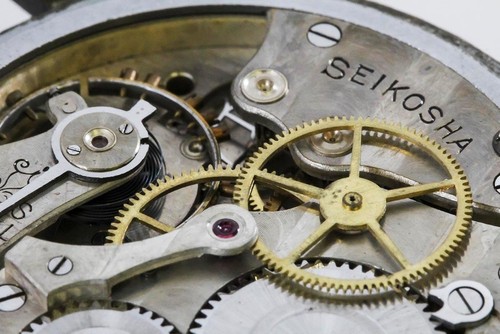
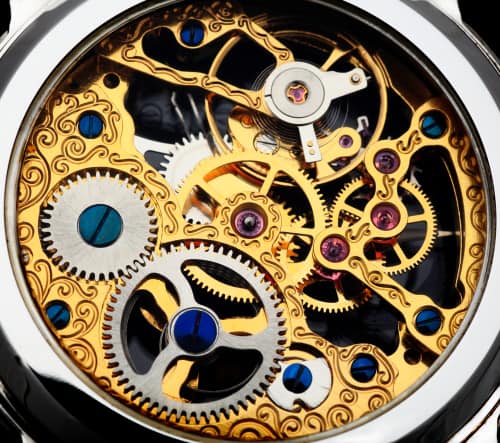
Comparing Performance and Accuracy
Both Japanese and Swiss watch movements are renowned for their exceptional performance and accuracy, setting the gold standard in the world of horology.
Japanese movements, whether Japanese quartz or mechanical, consistently meet or exceed the stringent standards set by the Controle Officiel Suisse des Chronomètres (COSC). The precision achieved by Japanese movements is a testament to their dedication to technological innovation and meticulous craftsmanship.
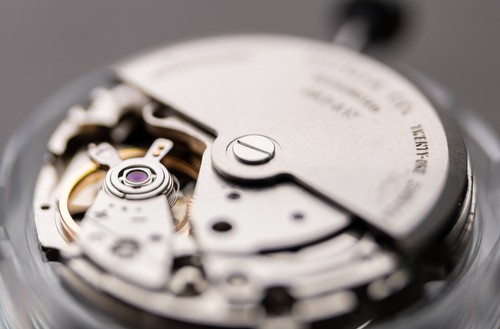
On the other hand, Swiss movements, particularly mechanical ones, often surpass COSC standards, showcasing an extra layer of precision.
The intricate details and handcrafted components contribute to a level of accuracy that has become synonymous with Swiss watchmaking excellence.
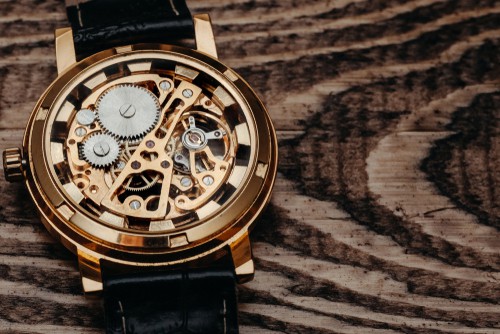
Comparing Power Reserve
One area where Swiss movements often hold an advantage is in power reserve.
Many Swiss watches, especially those equipped with automatic or manual-winding mechanical movements, can run for extended periods on a single charge. This is a notable feature for individuals who value a timepiece that remains operational without frequent winding.
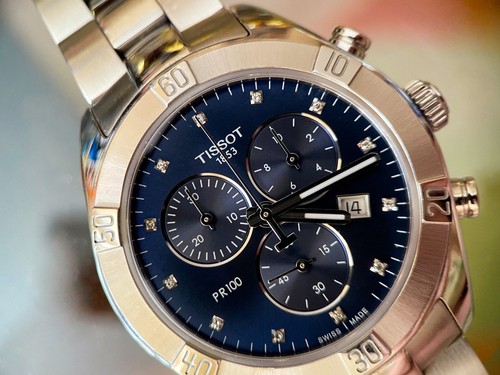
Japanese movements, while efficient, may have comparatively shorter power reserves, especially in entry-level models.
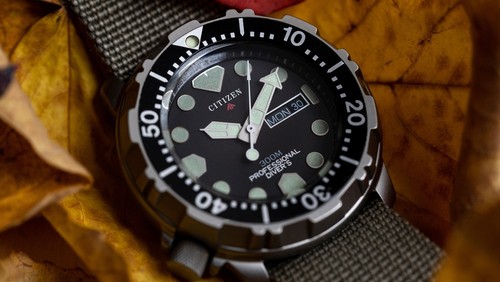
Comparing Price Considerations
The perceived higher prices associated with Swiss movements can be attributed to the traditional craftsmanship and hand-finishing involved in their production.
Swiss watchmakers often invest significant time and skill into the intricate details of each timepiece, contributing to their premium pricing. While this places Swiss watches in a higher price bracket, enthusiasts argue that the cost reflects the artistry and heritage embedded in each watch.
Japanese movements, on the other hand, offer a compelling value proposition. Their ability to achieve comparable levels of performance and accuracy at more accessible price points makes them an attractive choice for a broader range of consumers.
Japanese brands have mastered the art of balancing quality with affordability, appealing to those seeking reliable timepieces without the premium price tag.
Are Swiss or Japanese watches better?
Both Swiss and Japanese watches offer exceptional quality and craftsmanship, but Swiss watches generally excel in precision, heritage, and aesthetics, while Japanese watches shine in innovation, reliability, and affordability. Ultimately, the choice depends on individual preferences and budget.
Conclusion on Comparison of Japanese Movement Vs Swiss Movement
In the comparison between Japanese and Swiss watch movements, the decision ultimately hinges on individual preferences and priorities.
- If precision, innovation, and budget-friendliness are at the forefront of your considerations, Japanese movements provide an excellent choice.
- On the other hand, if you value the meticulous craftsmanship, extended power reserves, and prestige associated with Swiss watchmaking, the investment in a Swiss timepiece may be well justified.
Whether it's the innovation-driven symphony of Japanese movements or the legacy of precision and aesthetics with Swiss movements, both paths lead to a world of horological excellence.
Conclusion: Choosing the Right Movement for Your Style (50 words):
In navigating the labyrinth of Japanese and Swiss movements, consider personal style, budget, and desired features.
Swiss movements beckon with a heritage of craftsmanship and aesthetics, while Japanese movements offer innovation and reliability at a more accessible price.
The choice is yours – a precision-crafted masterpiece or an innovation-driven timekeeper. Explore the world of Swiss and Japanese watchmaking, finding a timepiece that resonates with your individuality and aspirations.
Also Read




